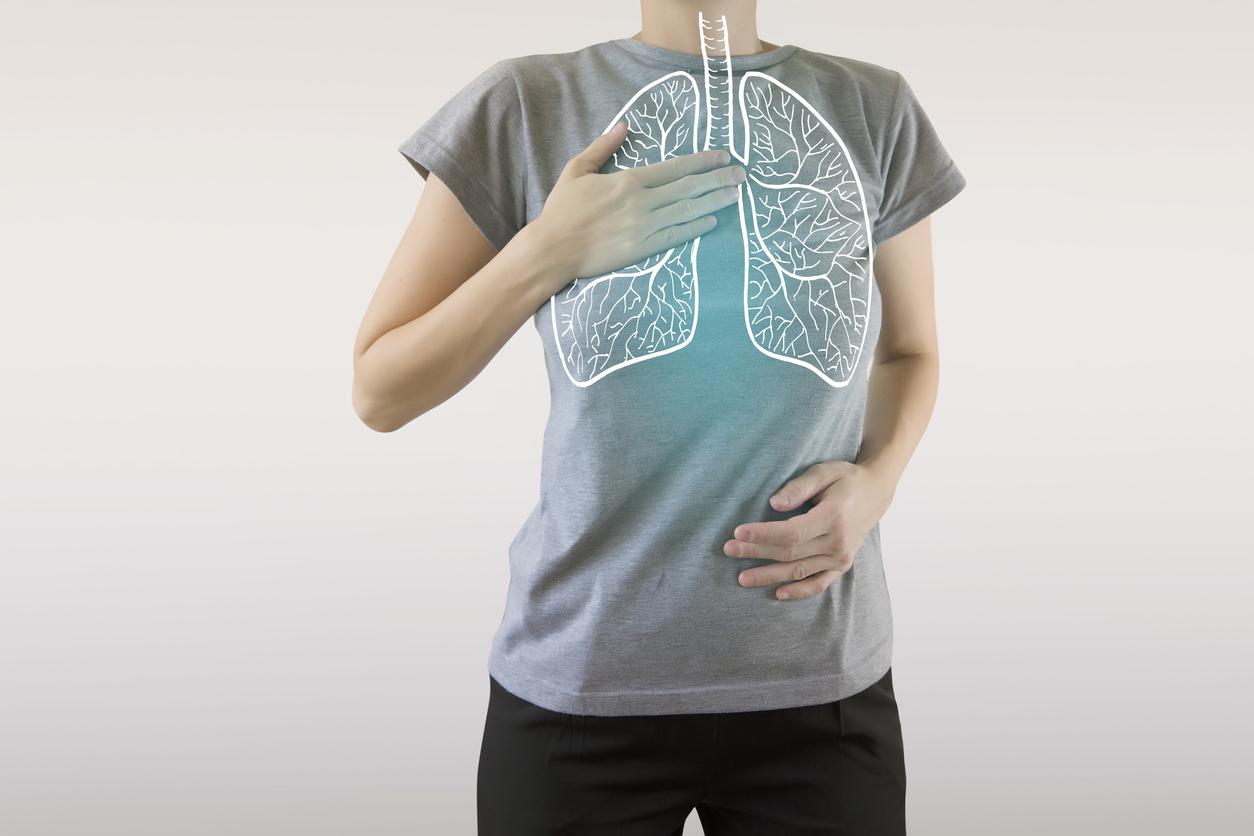February 19, 1998 – A study published in the Journal of the National Cancer Institute has just shown that the stress caused by a breast cancer diagnosis followed by surgical removal of the tumor decreases the activity of natural killer cells and T-cells. This effect is more pronounced in patients with the highest level of anxiety.
Until now, the immunosuppressive effect of stress had mainly been demonstrated in the case of infectious diseases such as colds. Research by a team at Ohio State University led by psychologist Barbara Andenson, PhD, is the most recent study to document the biochemical link between high stress and weakened immunity in cancer cases. According to Dr. Anderson, “These results are, to date, the most significant to demonstrate this link and they come from the largest research that has studied stress and immunity in cancer patients.”
This research involved 116 women, aged 31 to 84, who had undergone surgery for stage II and III invasive breast cancers in the four months preceding the investigation. The study found that women with the highest stress levels showed a 15-20% decrease in the activity level of their immune system compared to women with low stress levels.
Researchers believe that this immune weakness can affect the course of cancer and make patients more vulnerable to other infections. Their hypothesis is that a behavioral intervention could improve the chances of survival of patients.
Psycho-neuro-immunology has intrigued researchers for decades, and their interest could soon be rewarded. For example, one study showed that healthy adults in nursing homes saw their production of natural killer cells increase by 30% after just one month of muscle relaxation.
Dr. Anderson will continue his study of 235 women with breast cancer. Half of them will receive counseling against stress and anxiety as well as advice on their diet, while we will simply follow the evolution of the immune system of the other half. This study will try to achieve the same results as psychiatrist David Siegel of Stanford University, who found that breast cancer patients improved the prognosis of their disease when they were part of a group of breast cancer patients. support,.
According to The Medical Post, January 27, 1998 edition
HealthPassport.net

















